Nieuwe fietstoegang Zernike Campus vanaf 3 september in gebruik
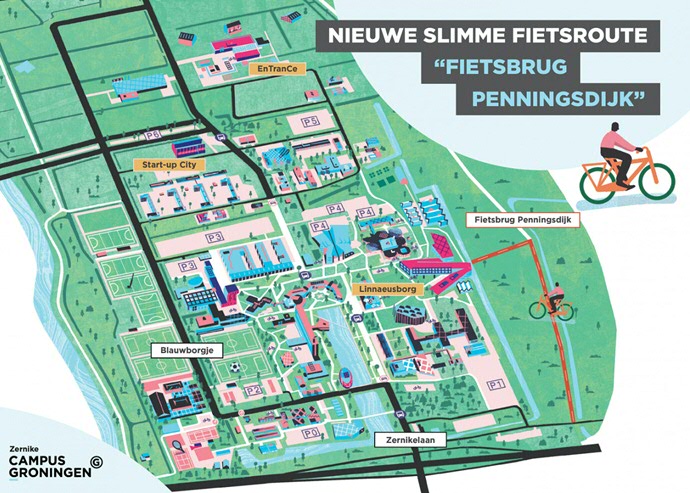
Vanaf maandag 3 september 2018 is er een nieuwe snelle route om midden op de Zernike Campus te komen. Deze loopt – via een nieuwe brug - onder de Linnaeusborg door naar de Paddepoelsterweg, het verlengde van de slimme Zernike fietsroute door Selwerd. Bijzonder is dat dit nieuwe fietspad precies over de historische Penningsdijk loopt.
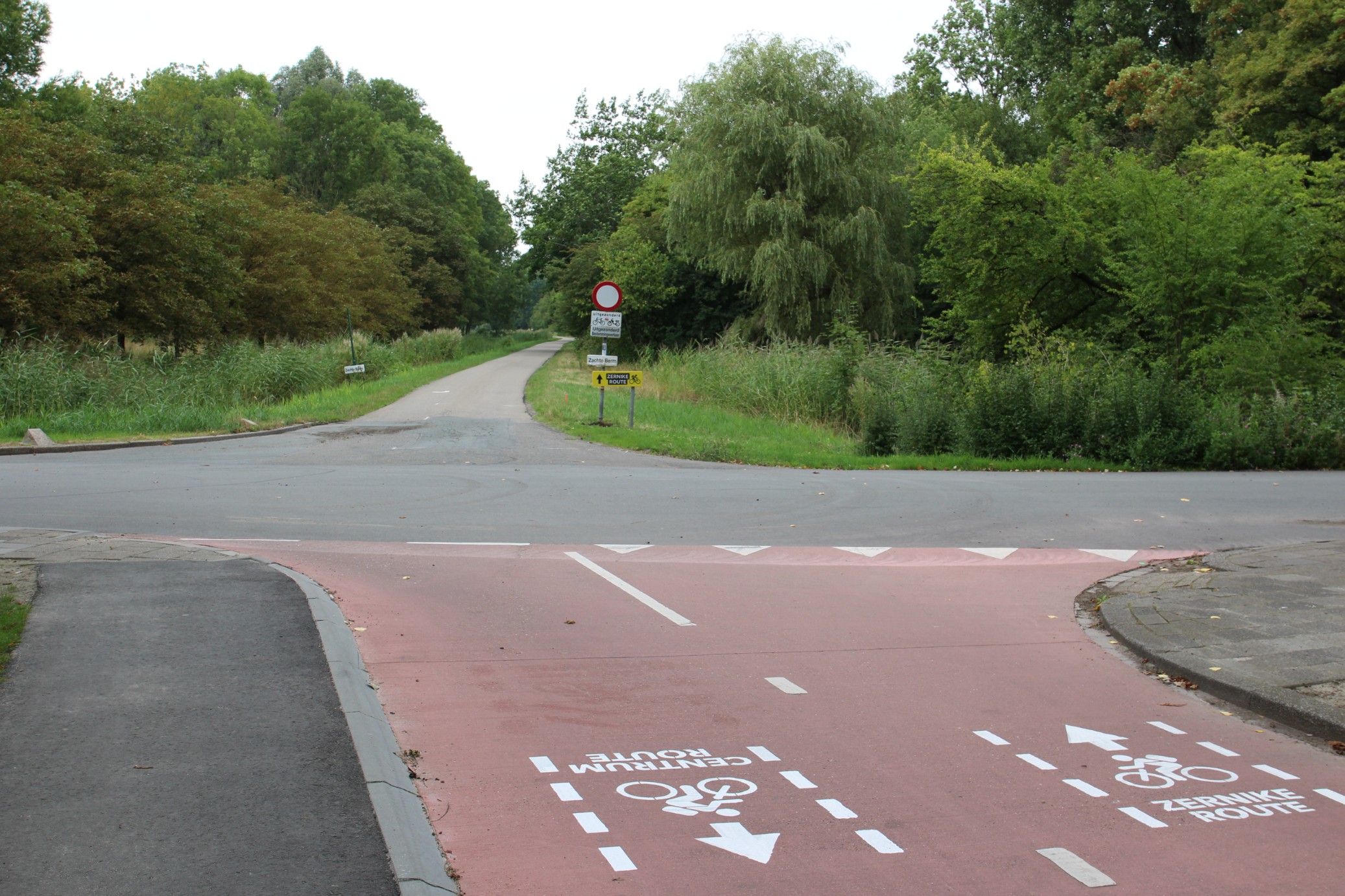
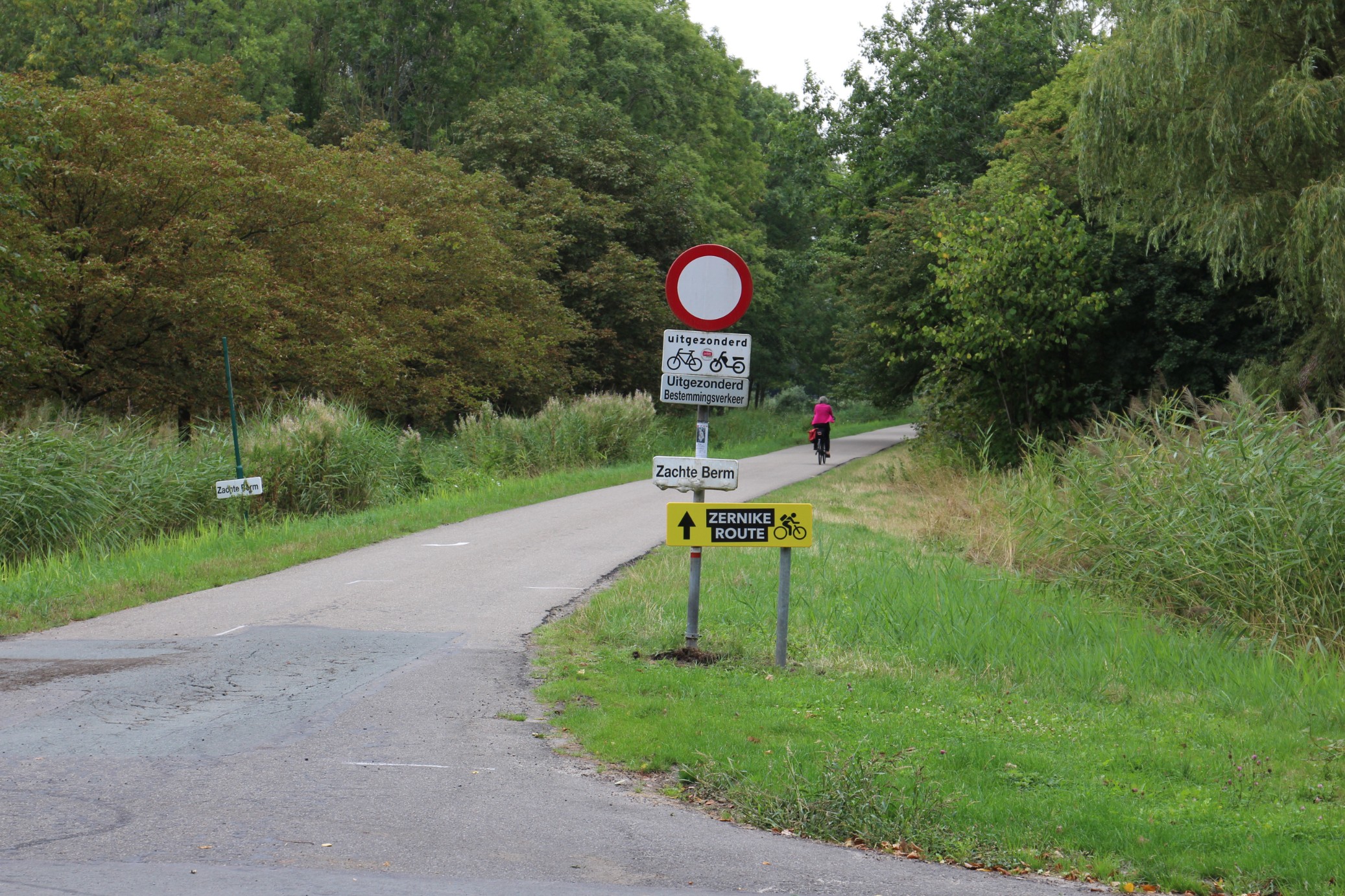
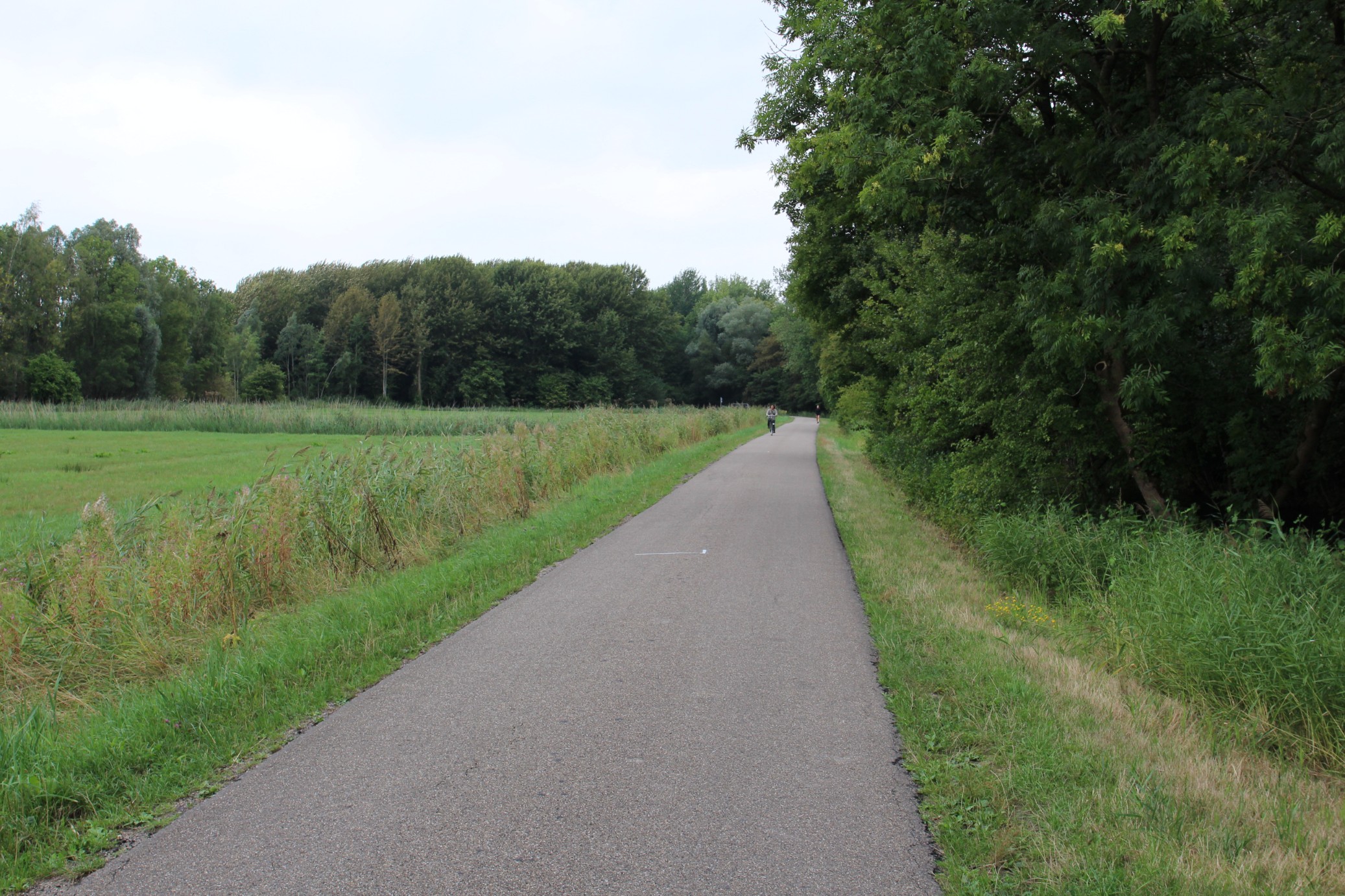
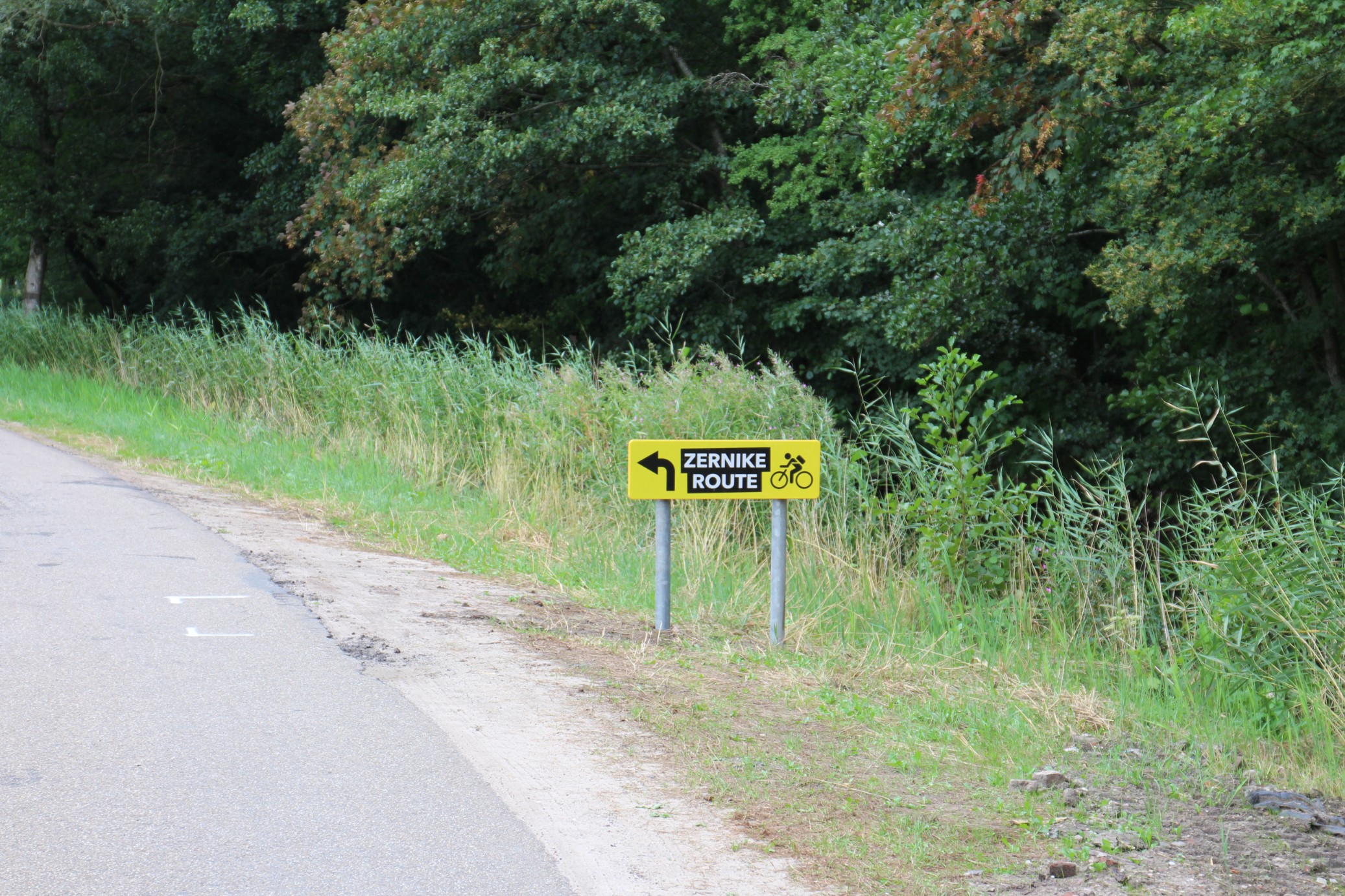
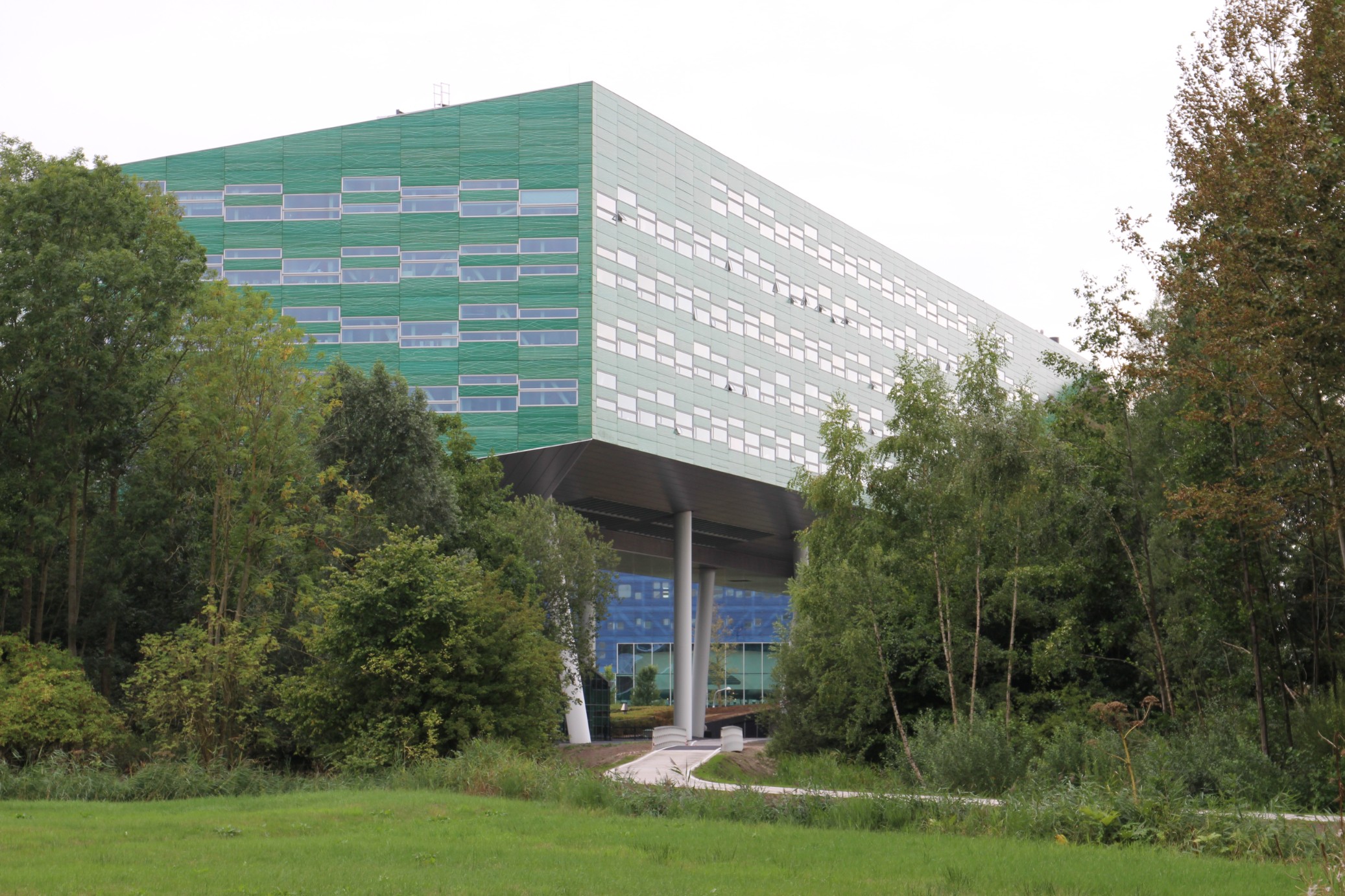
Deze nieuwe tijdelijke toegangsroute voor fietsers is aangelegd om de campus bereikbaar te houden tijdens grote bouwprojecten zoals Feringa Building en herinrichting Zernikelaan. Studenten, medewerkers en bezoekers die op het noordelijk deel van de Zernike Campus moeten zijn, hebben vanaf 3 september baat bij deze nieuwe fietsroute, die uitkomt op de kruising Grouwelerie/Nijenborgh.
Eind augustus vinden er nog asfaltreparaties plaats aan de Paddepoelsterweg en vanaf het nieuwe collegejaar kan er dus gebruik gemaakt worden van het nieuwe fietspad. Aan het begin van het nieuwe collegejaar worden fietsers vanuit Selwerd actief gewezen op deze nieuwe route.
Afsluiting fietspad achter Nijenborgh 4
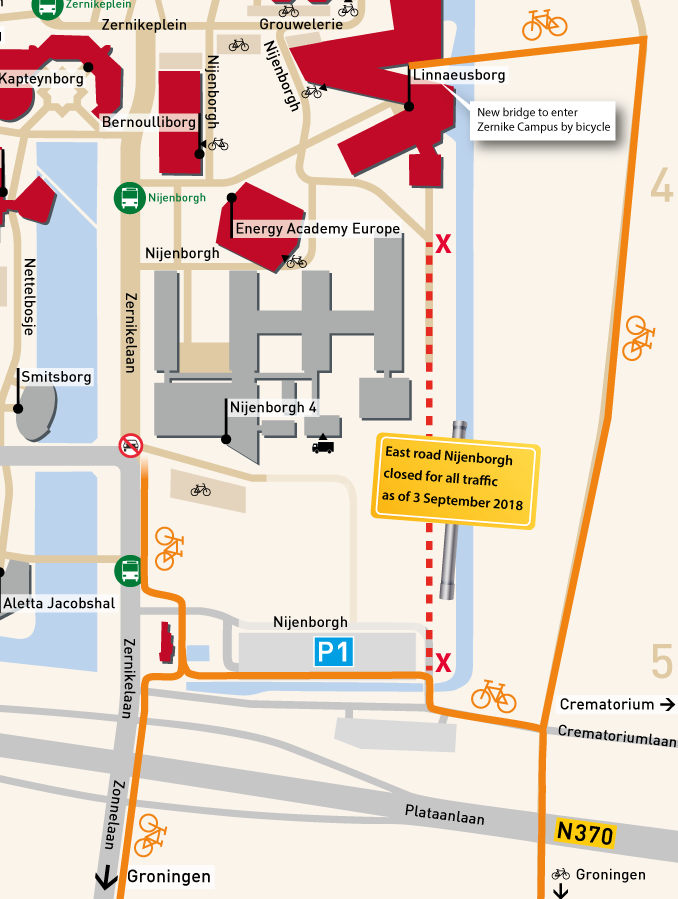
De route langs de achterzijde van Nijenborgh 4 wordt afgesloten, zodat met voorbereidende werkzaamheden voor de bouw van Feringa Building kan worden gestart. De andere routes naar de campus, via de Zonnelaan/Zernikelaan en via het Jaagpad/ Sportcentrum, blijven gewoon te gebruiken.

